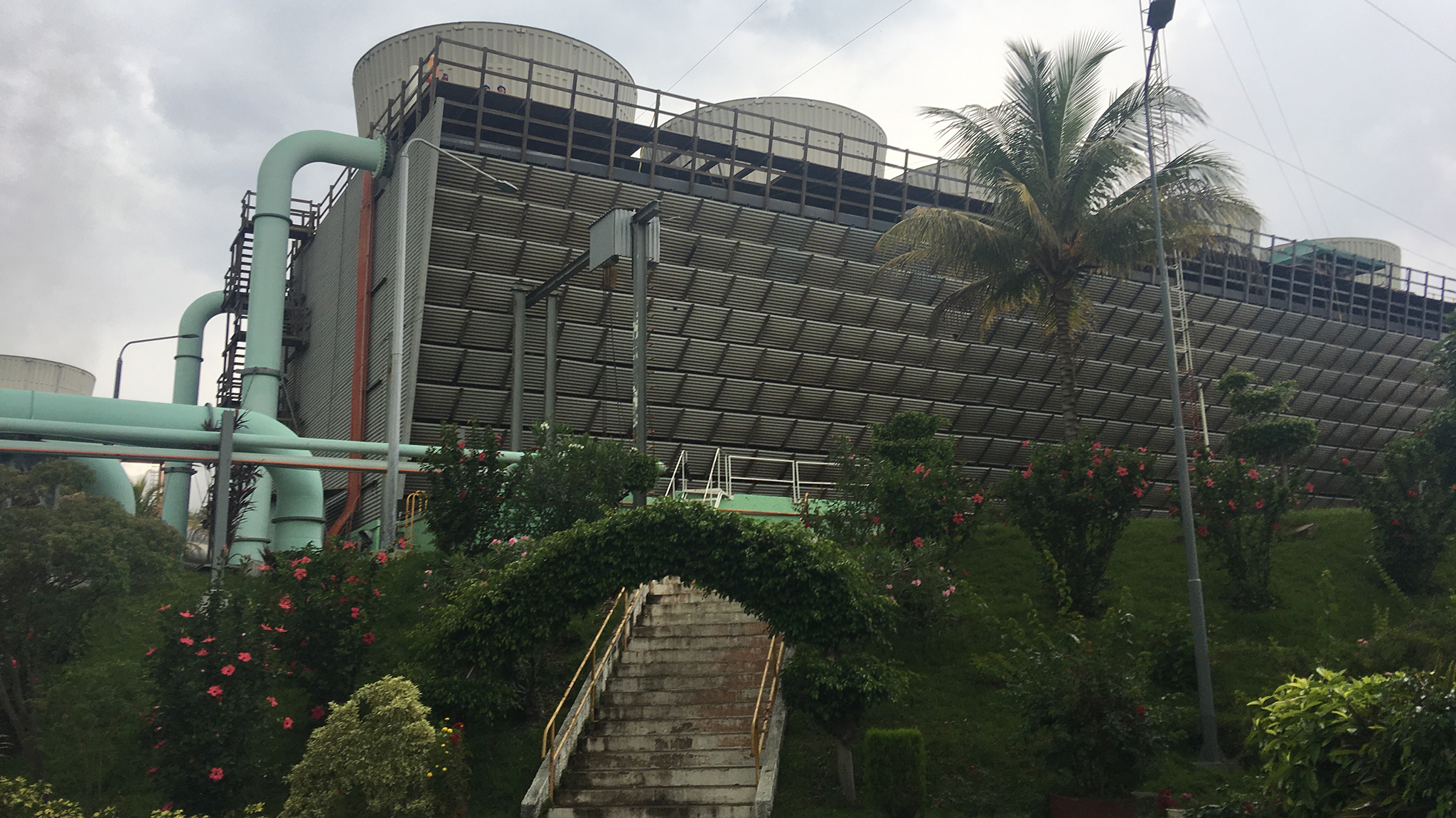
Figures
- Geothermal Potential: Turkey has one of the largest geothermal potentials in the world, with an estimated potential of over 31 GW of electricity production.
- Installed Capacity: As of 2021, Turkey had an installed geothermal power capacity of approximately 1,600 MW, making it the fourth-largest producer of geothermal electricity in the world, behind the United States, the Philippines, and Indonesia.
- Geothermal Electricity Generation: In 2020, geothermal energy accounted for approximately 2.6% of Turkey’s total electricity generation, with a total of 8,421 GWh of electricity produced.
- Geothermal Heat: In addition to electricity generation, geothermal energy is also used for heating purposes. Turkey has a long tradition of using geothermal energy for bathing and spa purposes, and in recent years, there has been growing interest in using geothermal energy for space heating and district heating. In 2020, geothermal heat accounted for approximately 1.7% of Turkey’s total heat production.
- Geothermal Projects: Turkey has several geothermal power projects in the pipeline, with a total capacity of around 500 MW. The largest of these projects is the 108 MW Alasehir geothermal power plant, which is currently under construction and is expected to be operational in 2023.
- Geothermal Regions: Turkey’s geothermal resources are primarily located in the western and central regions, particularly in the Aegean and Marmara regions. The province of Denizli is the most developed geothermal region in Turkey, with several geothermal power plants and district heating systems in operation.

Significant Power of Turkey
In Conclusion
With supportive policies and investments, geothermal energy could play an increasingly important role in Turkey’s transition to a more sustainable and renewable energy future.
Reinjection
helps to maintain the pressure level in the reservoir. Another important benefit of reinjection is by continuous flushing of the rock matrix by the cooled water, the recoverable energy from the reservoir substantially increases.
Geothermal power
plants largely release only excess steam, with most plants discharging no air or liquid. This makes geothermal power plants a clean source of electricity and an important contributor to the nation's zero-carbon future.
Geothermal energy
is considered one of the most efficient and sustainable types of energy because it's a clean, reliable, and renewable resource. It uses the heat inside the earth's surface to generate electricity and provide heating and cooling.
Geothermal sources
are a renewable energy and will never deplete. Abundant geothermal energy will be available for as long as the Earth exists. It is a renewable energy source from the heat generated by the earth's internal core and is available 7/24/365.
Low carbon energy families:
Geothermal has some of the most potential with the fewest drawbacks.
Solar panels are capable of generating power with zero emissions. The generated power can be used to feed your energy demand, perfectly replacing conventional energy needs with green energy. Every kilowatt of green energy can reduce your carbon footprint by 3,000 pounds annually.
Wind energy is a viable alternative of fossil fuels. It does not emit CO2 or other air pollutants. It runs virtually carbon free for its lifetime.

